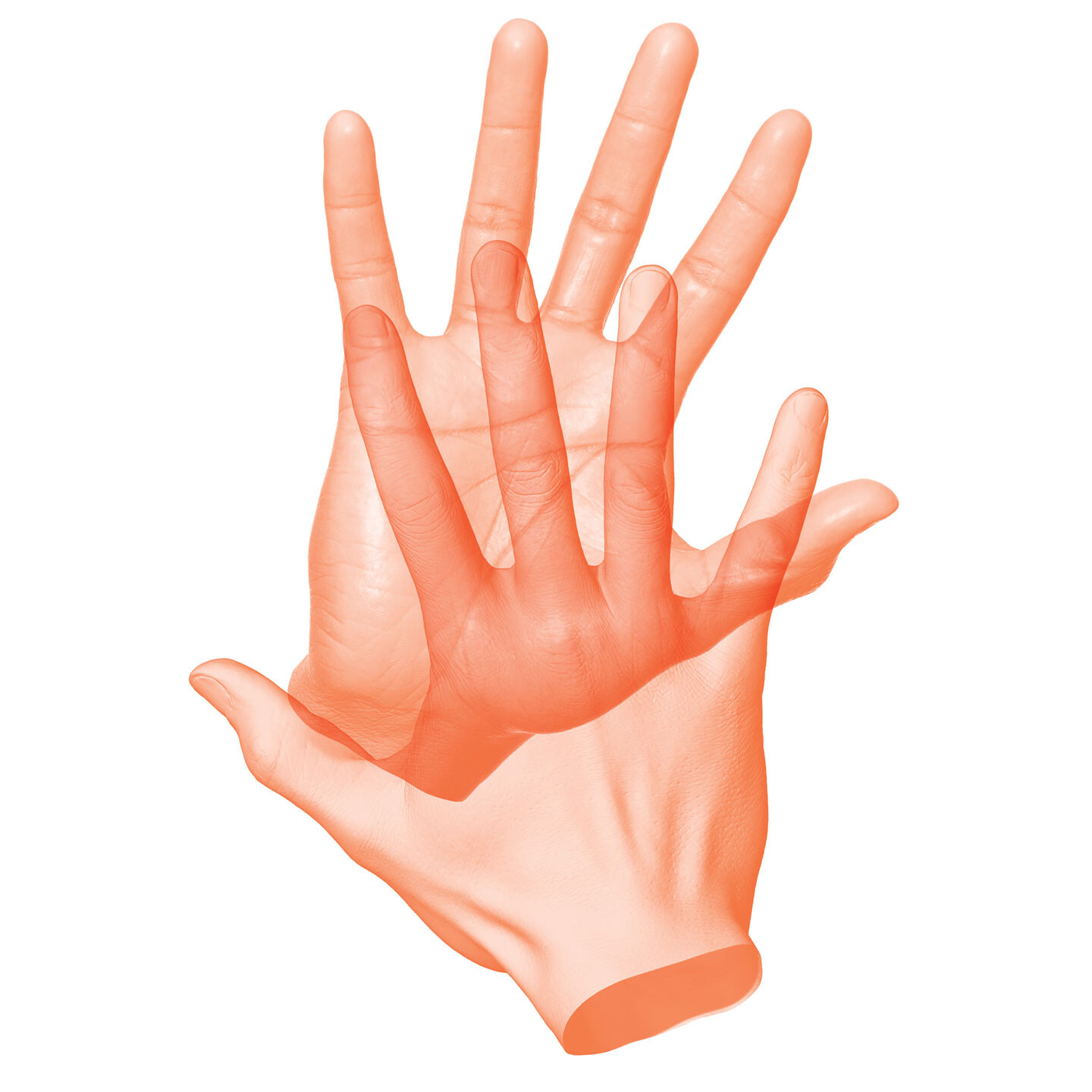October 11, 2019, 9:30am
Avery Hall
1172 Amsterdam Avenue
New York, New York 10027
United States
T +1 212 854 3414
Digital Urbanisms is a one-day symposium organized by Leah Meisterlin, Assistant Professor Columbia GSAPP, bringing together urban researchers and practitioners—planners, architects, geographers, organizers, and entrepreneurs—to take stock of the digital processes and products shaping cities, their promises, and problems, and discuss alternatives and approaches for operating within and against the uneven spaces they characterize.
Morning Program: Material, Materiel
Infrastructures: Digital Materiality Panel
Topics include the development of urban sensors, the regulation of broadband access and usage, the ubiquity of locative media, and the changing landscape of urban mobility. The panel intends to collectively draw out critical tensions (for justice, inclusion, access, privacy, etc.) and the ways that places are designed with and through their embedded technologies.
Participants:
Nerissa Moray, Sidewalk Labs
Vinhcent Le, Technology Equity Council at The Greenlining Institute
Jennifer Ding, Numina Co
Mimi Sheller, Center for Mobilities Research and Policy at Drexel University
Moderated by Malo Hutson, Columbia GSAPP
Datascapes: Systems of Representation
This session questions the analysis and visualization of ‘big, social’ data. It examines its implications and suggestions, as well as its descriptions of social space with the hope of spurring a non-binary discussion of research and practice with respect to urban data and its representation(s)—whether visual, textual, statistical or otherwise conceived and made public.
Participants:
Laura Bliss, CityLab
Justin Hollander, Urban Attitudes Lab at Tufts University
Taylor Shelton, Mississippi State University
Moderated by Mark Wasiuta, Columbia GSAPP
Afternoon Program: Information, Action
Keynote lecture by Ruha Benjamin, Princeton University with a response by Leah Meisterlin.
Data and Democracy
This session explores the implications of urban digital technologies and data usage for public participation, engagement, citizenship, and inclusion. The dialogue aims to raise questions and critiques as well as highlight practices and opportunities for action, intervention, and organizing.
Participants:
Greta Byrum, Digital Equity Laboratory at the The New School
Janice Gates, Equitable Internet Initiative at the Detroit Community Technology Project
Renee Sieber, McGill University
Moderated by Susan McGregor, Tow Center for Digital Journalism at Columbia’s School of Journalism
Methodologies and Media
This conversation focuses on hybridity—engaged and situated research as a mode of practice and design and visualization as modes of urban research—from different spatial disciplines and perspectives which explore the epistemologies of digital or data-driven tools and techniques and their implications for the spaces, places, and claims produced.
Participants:
Craig Dalton, Hofstra University
Annette Kim, Spatial Analysis Lab at the University of Southern California
Mark Shepard, University at Buffalo
Moderated by Laura Kurgan, Columbia GSAPP
Reception and Book Signing
Ruha Benjamin’s publications Race After Technology: Abolitionist Tools for the New Jim Code (Polity, 2019) and Captivating Technology: Race, Carceral Technoscience, and Liberatory Imagination in Everyday Life (Duke University Press, 2019) will be available for sale and signing.
Free and open to the public. Advance registration is encouraged and required for those seeking AIA credits (8 AIA CE LU) but does not guarantee seating. Seating is provided on a first-come, first-served basis.


